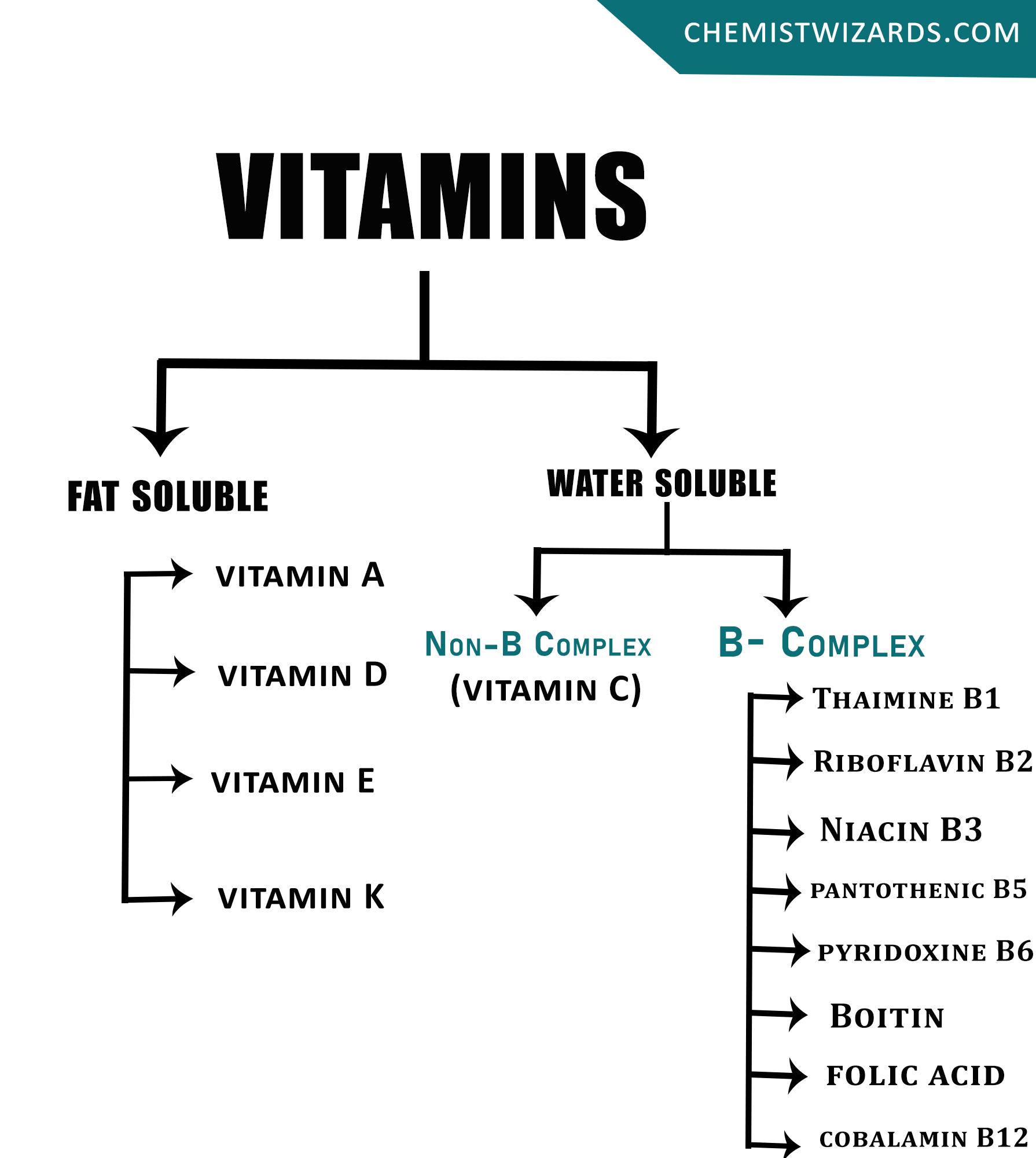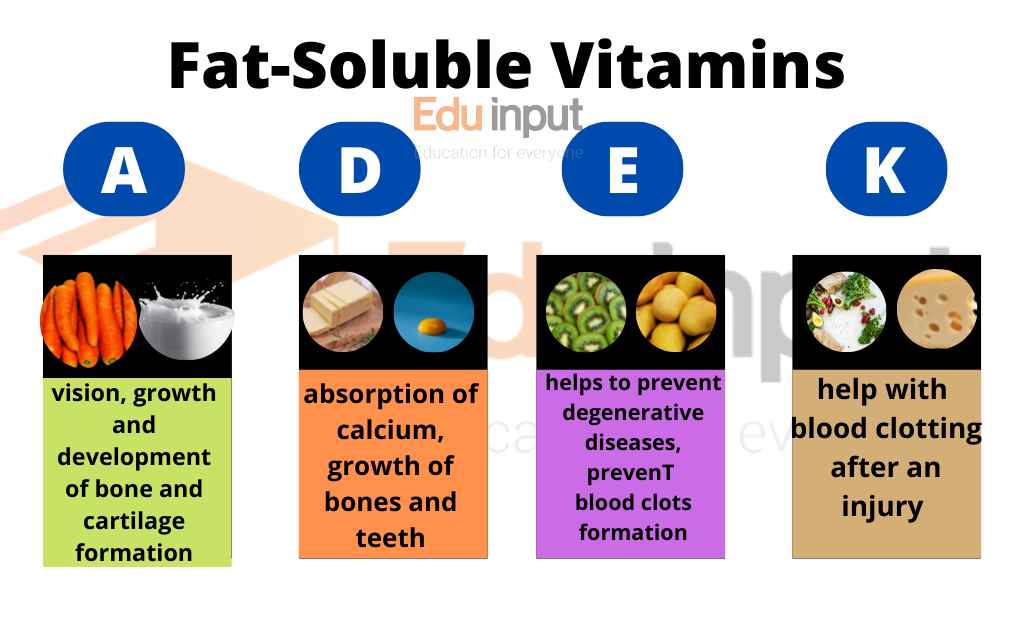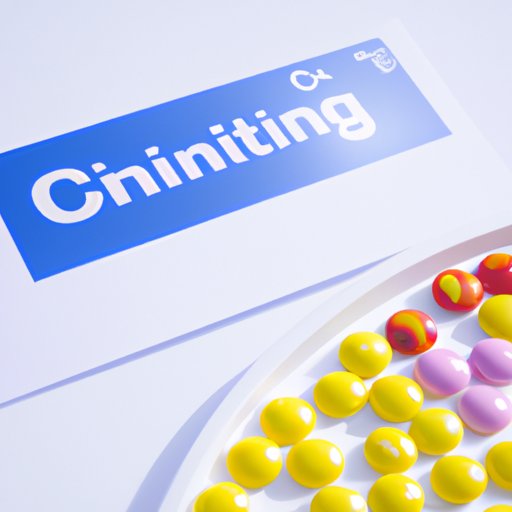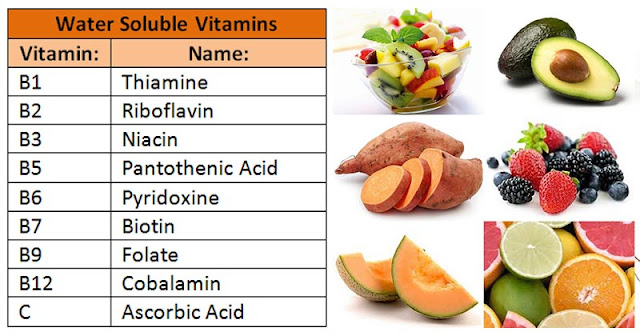Which Of The Following Vitamins Is Not Fat Soluble

In a world saturated with health advice, understanding the fundamentals of nutrition is more crucial than ever. Vitamins, essential organic compounds for bodily functions, are often categorized by their solubility: either fat-soluble or water-soluble. Recent discussions have centered around identifying vitamins that do not belong to the fat-soluble group, prompting many to reassess their nutritional knowledge.
This article aims to clarify which vitamins fall outside the fat-soluble category, examining the characteristics of each and emphasizing their significance in maintaining overall health. This basic knowledge is important because it helps one to understand how vitamins are absorbed and stored in the body. It also influences the dietary recommendations for optimal health.
Fat-Soluble vs. Water-Soluble Vitamins
Vitamins are broadly classified into two groups based on their solubility: fat-soluble and water-soluble. Fat-soluble vitamins, including vitamins A, D, E, and K, are absorbed along with dietary fats. They are then stored in the body's fatty tissues and liver.
Water-soluble vitamins, on the other hand, dissolve in water and are readily absorbed into the bloodstream. These are not stored to a significant extent in the body, with any excess typically excreted through urine.
The Water-Soluble Vitamins: A Closer Look
The water-soluble vitamins consist of vitamin C and the B-complex vitamins. This includes thiamin (B1), riboflavin (B2), niacin (B3), pantothenic acid (B5), pyridoxine (B6), biotin (B7), folate (B9), and cobalamin (B12). These vitamins play essential roles in energy production, nerve function, and red blood cell formation.
Vitamin C, also known as ascorbic acid, is a powerful antioxidant that supports immune function and collagen synthesis. The B-complex vitamins are crucial for converting food into energy and supporting various metabolic processes.
Unlike fat-soluble vitamins, water-soluble vitamins need to be consumed more regularly. This is because the body does not store them for extended periods.
Why is Solubility Important?
Understanding vitamin solubility is crucial for several reasons. It affects how these nutrients are absorbed, transported, stored, and excreted by the body. It also guides dietary recommendations and supplementation strategies.
Because fat-soluble vitamins are stored in the body, excessive intake can lead to toxicity. This condition is known as hypervitaminosis. Conversely, water-soluble vitamins are less likely to cause toxicity because excess amounts are typically excreted.
However, deficiencies can develop more rapidly if intake is inadequate. This highlights the importance of regular consumption through a balanced diet or supplementation.
Potential Health Impacts
Deficiencies or excesses of both fat-soluble and water-soluble vitamins can lead to a range of health problems. For instance, vitamin D deficiency is linked to bone disorders and impaired immune function.
While excessive vitamin A intake can cause liver damage. Similarly, a lack of vitamin C can result in scurvy, characterized by weakness, anemia, and gum disease. Deficiencies in B vitamins can lead to fatigue, neurological issues, and skin problems.
According to the National Institutes of Health (NIH), maintaining a balanced intake of all vitamins is vital for overall health and well-being. This is especially important for pregnant women, the elderly, and individuals with certain medical conditions.
The Vitamin That Is Not Fat-Soluble
Given the categories discussed, the clear answer to the question "Which of the following vitamins is not fat-soluble?" is either vitamin C or any of the B-complex vitamins. These water-soluble vitamins are distinct from the fat-soluble vitamins A, D, E, and K.
Therefore, when evaluating vitamin options, it is vital to identify whether the vitamin in question falls within the water-soluble category. This knowledge informs proper dietary intake and supplementation practices.
Consulting with a healthcare professional or registered dietitian is always recommended. This is to ensure individual needs are met safely and effectively, based on factors like age, health status, and dietary habits.
In conclusion, vitamins C and the B-complex vitamins are water-soluble and, therefore, not fat-soluble. Understanding this distinction is crucial for informed dietary choices and maintaining optimal health. By prioritizing a balanced diet rich in diverse nutrients, individuals can support their overall well-being and reduce the risk of vitamin deficiencies or toxicities.


















